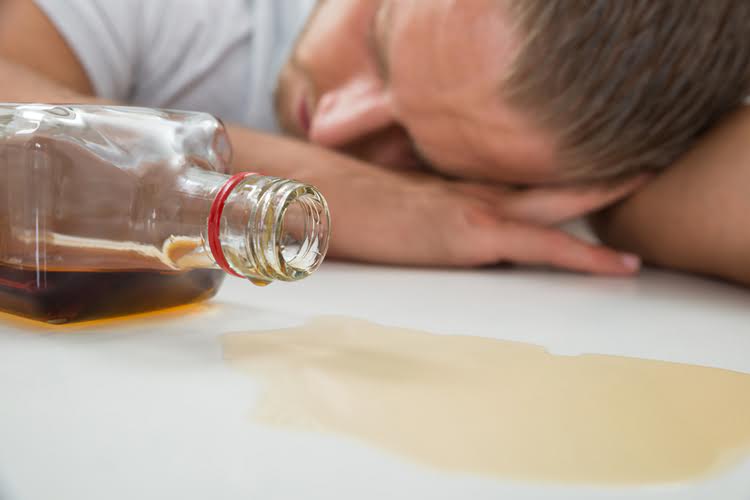Content
It’s highly complex, but often a compulsion to numb or alter your consciousness comes from deep-rooted trauma. If something triggers that trauma or you stop the recommended maintenance, relapse is a strong possibility. Please what to do after a relapse remember that if you do relapse, you’re not bad at recovery and you haven’t done anything wrong. Often relapse occurs when we aren’t listening to our internal cues and needs and resort to old habits that no longer serve us.

If you’ve been journaling already, reread the entries from the weeks leading up to relapse. You might be amazed at how much insight you get into your triggers. Recovery is a challenging process and sometimes relapse can be a part of that journey. Relapse doesn’t need to end in resuming use of substances.
Avoid Risky Situations
Without a firm commitment to long-term sobriety, you’re more likely to relapse. To be successful, you must be willing to put in the hard work required to stay sober. This includes attending 12-step meetings, having a committed sponsor and getting therapy or counseling for possible co-occurring mental health conditions, such as depression and anxiety. Relapse is common among people who don’t have strong support systems at home, so another great way to recover from relapse and avoid it in the future is to join a support group. There are hundreds of support groups for people in addiction recovery that allow you to connect with others in the recovery community so you may learn from them.
What Happens if I Relapse? – Addiction Center
What Happens if I Relapse?.
Posted: Wed, 17 Feb 2016 08:00:00 GMT [source]
If this is the best way for you to get back on track and stay sober, then it’s the best choice. No matter what stage of relapse you’re in, getting your recovery journey back on track is essential. Thankfully, there’s a step-by-step process that can help you do just that.
Relapse Is a Sign You Need to Alter Treatment
Do not allow the guilt and shame to weigh so heavy on you that you cannot pull yourself back up. Relapse is part of recovery — it is what you do after your relapse that matters most. Local support group meetings, such as Alcoholics Anonymous or Narcotics Anonymous are a major way of life for those in recovery. In these meetings, people utilize one another as a strong support system of peers who can relate to one another in ways most others cannot. Listen to advice, grab your 24-hour coin, and pick back up again. With self-compassion, take time after a relapse to identify where you may have entered emotional or mental relapse.
- In the recovery world, a “lapse” (also commonly referred to as a “slip”) is a single instance of drinking after being abstinent.
- By committing to a long-term program, you’re committing to your success in recovery.
- Wear your clean time like a badge of honour, something I never did.
- Now when I try to quit my body gets anxiety attacks which are brutal and scary at the same time.
You might be in denial of the possibility of a future relapse. Addiction, like all chronic diseases, carries the risk of relapse. Relapse preventionmeans looking at your recovery plan as a way of preventing future relapses. After a relapse, you know what works and what does not work in recovery. Now, you have a better sense of your triggers, know who you can go to, and what you can do.
Tips on How to Get Back on Track After Relapse
A newly sober individual must have a solidified support system because it can make a huge difference between relapsing back into addiction or continuing down the road of recovery. Also, having a support group that has other individuals in recovery is extremely paramount.

Remind yourself of what you do have, and what you are grateful for. Think about realistic goals you can work toward and how you can use this experience to learn and grow in recovery. Let’s make it clear that relapse does not mean you’ve failed. It just means you need to change your approach to sobriety. If you’ve relapsed or known someone who has, please review these tips on https://ecosoberhouse.com/ that can help. A person may relapse after a long period of experiencing stress at work or following a breakup or divorce. The reasoning might be as simple as a lack of motivation to continue their sobriety.
